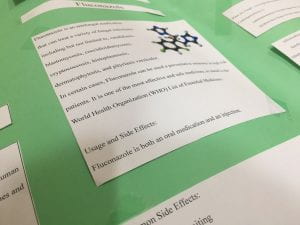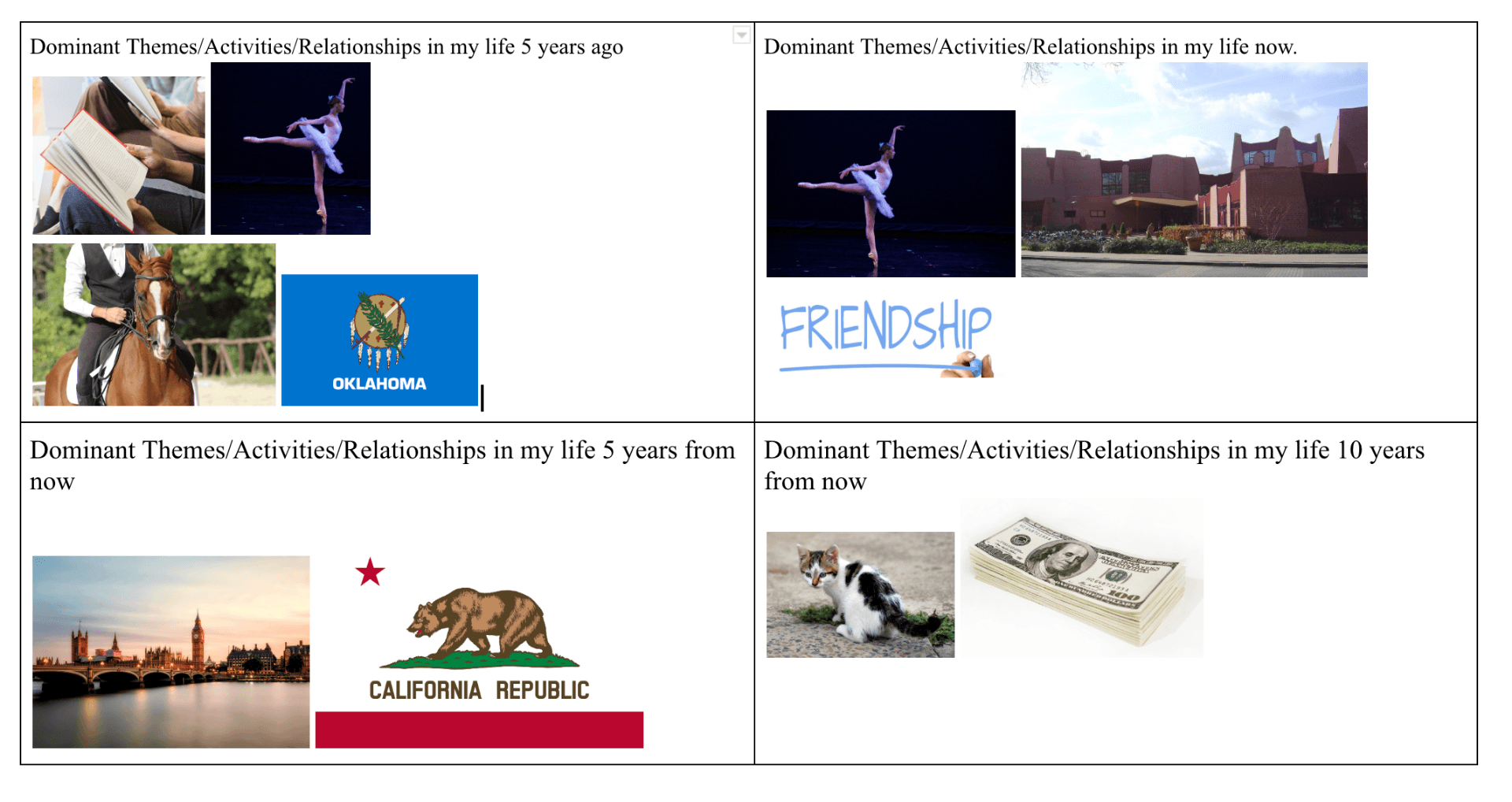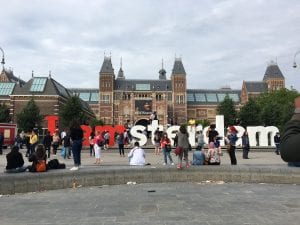Identity:
Who am I? I am American and Indonesian, a girl, identifiable as small, with dark features and long hair. A ballet dancer, a singer (but not alone), a reader, an academic, a person who looks to be the appearance of stable. And this is how others will see me, by my face, by my voice, by my actions and hobbies, by my academics and my brain, by my style of living and interactions with others. I might be described as nice, but not in the normal way, a person who looks out for their friends, good at presenting and good at getting good grades. They’ll describe me as a listener, but also someone who can be negative. Or maybe they won’t.
Perhaps while this is me, this is not the full me. My friends will see more than others, but they still are not with me when I am alone with myself. You wouldn’t know my beliefs from my appearance, my habits at home, my internal thoughts and feelings, how I see people, or how I feel about myself. Maybe you wouldn’t guess that I ran a feminist club after only a year of being in it, that I’ve participated in choir trips in Europe, that I’ve lived in a lot of countries, that I am more than my appearance.
Personality types
- Adjustment
- Competitiveness
- Conscientiousness
- Ambiguity/Acceptance
- Curiosity
- Risk Approach
I ranked these in the order I feel applies to me, which might be somewhat clear based upon identity, but might not always add up.
I’ve moved a few times, so I feel that adjustment and acceptance are important to living in different communities, and to deal with change. Resisting the change doesn’t really get you anywhere after awhile, even if it does at the beginning. I find that my curiosity in life and in school has varied over the years, and perhaps I was much more curious when I was younger. Or, I was more curious when I was younger, but I’m not sure why. This is next to the Risk Approach, because in the IB learner profile, I have always been weak at taking risks. Because I don’t like to, and because of fear. The fear of failure, or danger, or injury. Even if injury shows itself as discomfort, an injury is present.
Emotional Intelligence
If I were to pick the three emotional intelligence factors that I feel apply most to who I am, it would be the following three.
- You have a robust emotional vocabulary
- You embrace change
- You know your strengths and weaknesses
I do know my strengths and weaknesses very well, even if I choose to not share what they are at all time. I don’t like to hold my strengths above others, nor do I like to display my weaknesses when I am not with people that I trust. But I know how I will react or work in different situations based upon how I know myself, and I often will know why I feel a certain way, wether or not I share it. One of my strengths is that I know a wide range of emotional vocabulary, but this does not mean I alway use it. I do understand why I (and sometimes others) will feel or react a certain way, and I can often describe the emotions. I do embrace change when it comes, but I do not actively seek it. I understand that things will not remain as they once were, and that if something has already begun to change, you ought to let it do so.
Grit
The main thing I can think of for grit, was my completion of the Bronze and Silver Duke of Edinburgh Awards, and how much I both hated and loved the adventurous journeys. I don’t like taking risks, and these journeys were the epitome of risk. I was injured for them all. I injured my ankle when I was younger through gymnastics, and while there was improvement, the muscle area never fully healed. With carrying the weight of the backpacking equipments for 3 to 5 days (Between Bronze and Silver), it became much more strenuous for my ankle than normal exercise would. I couldn’t just leave my team, as I would forfeit the award for myself, but possibly them as well. Bronze was quite painful as I packed poorly, carrying alot of weight from food and extra clothing which I learned to cut out. Silver practice was hard though, because the day before we left, I injured the ankle in PE. It took a lot to get through the three days of walking, not only for me, but for my team as well. The last day was the worst of all, as my team had to physically support me to the end. They told me I couldn’t do it, but I did. A fact I liked to remind them of when we were alone in Scotland for the Silver final. But god, it was hard.
How do these connect and apply to my personal IB journey?
Everyone says the Diploma Programme is one of the most intensive academic programmes around the world, made harder by the sheer quantity of work and the inclusion of Creativity, Action, and Service. And it is. The International Baccalaureate is a hard programme, but if many people are able to graduate with their diplomas, it shouldn’t be impossible. We hold it up to its difficult status, but it’ll always be difficult if we let it. There is no reason to let the difficult aspects completely overshadow what the IB aims to achieve, and through the application of the knowledge we have gained in Personal and Social Education, the journey should be made different. Not necessarily easier, but different aspects can be completed in different ways, as each person has a journey that is tailored to them. Who you are is what you want, where you will go, and how you will achieve it. Perhaps I’ll find parts of my journey to be clearer than others find, but I will encounter difficulty where they thrive. Understanding yourself will only help you to find the clearer paths to get to the end.





